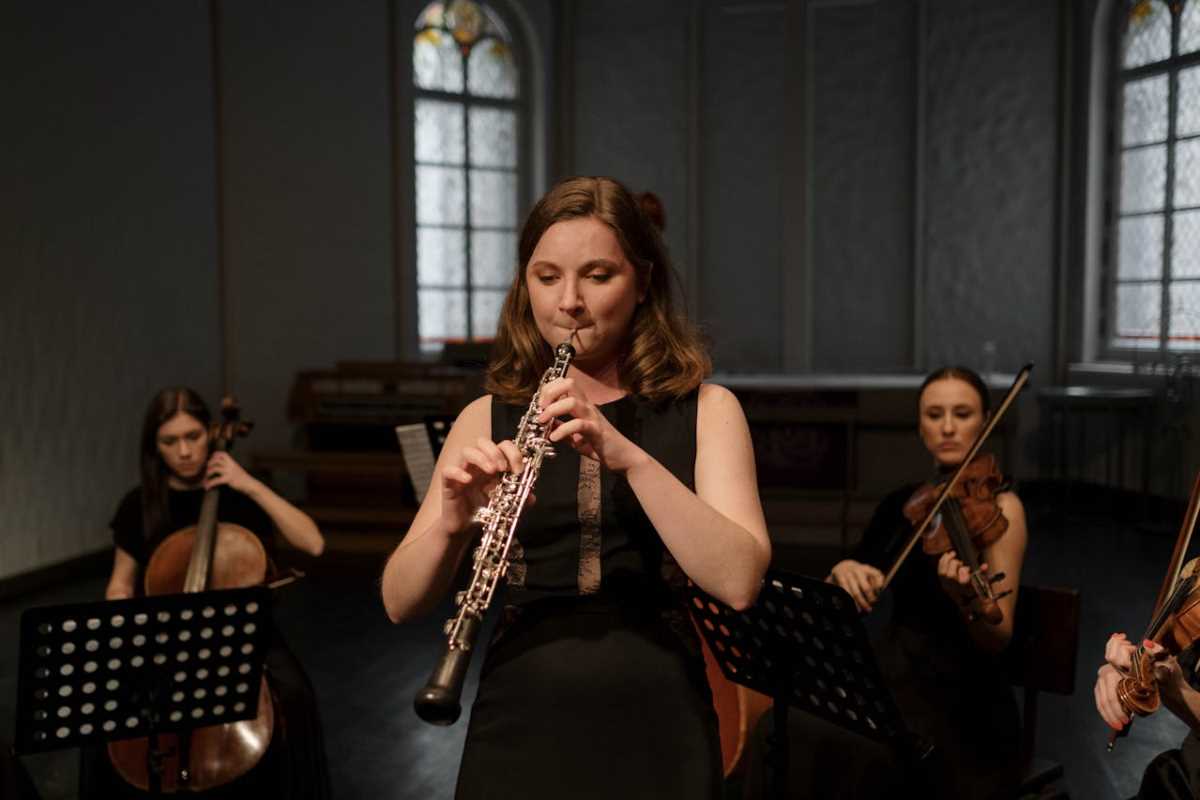Great storytelling is both an art and a craft, and no matter where you are in your writing journey, there’s always room to grow. But here’s the challenge: improving your skills in isolation can feel like navigating a dense forest without a map. That’s where writer’s workshops come in. These collaborative sessions offer a community of like-minded peers, access to constructive feedback, and fresh perspectives to sharpen your storytelling tools.
Whether you’re a novelist crafting your first chapter, a screenwriter polishing your dialogue, or a poet searching for rhythm in your lines, workshops provide a dynamic space to refine your skills. Here’s why they’re worth your time, how to find the right one, and tips to make the most of this creative opportunity.
Why Writer’s Workshops Are Game-Changers
Joining a writer’s workshop isn’t just about sharing your work; it’s about surrounding yourself with creative energy, learning through collaboration, and taking an honest look at your craft. Here are some powerful benefits you’ll gain:
1. Constructive Feedback to Improve Your Craft
One of the biggest perks of workshops is the constructive feedback you’ll receive. Spouses and friends may praise your writing, but workshop participants provide specific critiques that identify what’s working and what isn’t. For example, you may discover that your dialogue feels stilted or your pacing drags in the middle of your story.
More importantly, workshops cultivate a spirit of kindness and honesty. Facilitators often guide participants to frame critiques as opportunities for improvement, making the process less intimidating and more empowering.
2. Perspective From Other Writers
Every writer brings their own lens to storytelling, shaped by individual experiences, styles, and influences. When you participate in a workshop, you hear how others interpret your writing. A humorous scene you wrote may resonate differently than you’d intended, or a subtle character detail might strike readers in ways that surprise you.
By gaining new perspectives, you’ll learn not only how your work is received but also fresh approaches you can incorporate into future projects.
3. Building Connections and Community
Writing can feel lonely at times, especially for those who don’t have a network of fellow creatives. Workshops foster a sense of camaraderie, as participants root for each other’s progress. Over time, these connections can evolve into friendships, mentorships, and even future collaborations.
Think of it this way: every writing superstar, from Margaret Atwood to Neil Gaiman, started somewhere. Many credit their workshops as foundational to their growth as writers.
Types of Writer’s Workshops to Explore
Not all workshops are alike, and the best one for you will depend on your goals, preferred format, and genre. Here are some options to consider:
1. Online Workshops for Flexibility and Accessibility
Thanks to the internet, you no longer need to be in the same city as your fellow writers. Online workshops accommodate people with busy schedules or those living far from major literary hubs.
Platforms like Reedsy and MasterClass offer structured writing courses with interactive elements. Websites such as Writers’ Workshop or Scribophile allow members to post excerpts for critique from diverse audiences worldwide. And Zoom-based workshops have skyrocketed in popularity, creating face-to-face learning opportunities without travel costs.
- Ideal for: Writers juggling full-time jobs or living in remote areas who want to connect globally.
2. Genre-Specific Workshops for Targeted Skills
Are you passionate about a particular genre, like mystery, fantasy, or memoir? Genre-specific workshops pair you with others who share your interests and understand the conventions of that form.
For instance, a romance-focused workshop might provide insights into crafting irresistible chemistry between characters. If you’re writing science fiction, you can learn how to balance imaginative world-building with grounded storytelling.
- Where to Look: Organizations such as Clarion Workshop (for speculative fiction) and GrubStreet (offering varied genres) specialize in these tailored experiences.
- Ideal for: Writers wanting feedback from peers who understand niche elements of their chosen genre.
3. Masterclass-Led and Conference-Based Workshops
If you’re looking to learn from seasoned experts, masterclass workshops or conference-style sessions could be transformational. These events often include writing exercises, keynote lectures, and one-on-one critique opportunities, all led by well-established authors.
Events like the Iowa Summer Writing Festival or the Writer’s Digest Conference provide access to a wealth of teaching talent. They’re also fantastic for networking with agents and editors if you’re seeking publication.
- Ideal for: Writers ready to invest in high-quality learning and connect with industry professionals.
4. Local or Community-Based Workshops
Local workshops are ideal for writers who thrive on in-person collaboration. Community colleges, libraries, and independent bookstores frequently host writing groups to foster creativity. These groups can be a great way to immerse yourself in your local literary scene and find accountability partners.
- Ideal for: Individuals looking for consistent, face-to-face support and networking.
How to Choose the Right Workshop for You
With so many options, deciding on the best workshop can feel daunting. Here are some tips to help narrow it down:
- Define Your Goals: Are you revising an existing project or starting from scratch? Do you need detailed critique or general inspiration? Knowing your objectives will help steer you toward workshops that align with your needs.
- Research Before Signing Up: Look up reviews, testimonials, or feedback about workshop facilitators and participants. If it’s online, consider joining a free trial to see if the environment feels like a good fit.
- Check Group Size: Smaller workshops allow for deeper critique, while larger ones may give you more varied perspectives.
- Set a Budget: Fees for workshops can vary widely. For low-cost options, local libraries or writer organizations often host free groups.
Tips to Get the Most Out of Your Workshop
Joining a workshop is just the beginning. To truly benefit, approach it with an open mind, a willingness to learn, and a proactive attitude. Here’s how:
- Come Prepared: If submissions are required, make sure your work is polished and follows the guidelines. Also, prepare feedback for your peers’ work. Thoughtful critique contributes to a workshop’s positive and productive spirit.
- Listen First: Receiving critique can be an emotional process, but resist the urge to defend your work. Instead, listen openly, take notes, and reflect later on what resonates with you.
- Experiment Outside Your Comfort Zone: Use workshops to tackle genres, techniques, or themes you’ve never attempted before. This is a chance to experiment without fear of failure.
- Follow Up: Many workshops wrap up within weeks, but the camaraderie doesn’t have to end. Stay connected with participants who inspire you or form a small critique group to continue exchanging feedback.
Take the Leap into the Workshop World
Workshops are more than a place to perfect punctuation or polish plots. They’re vibrant spaces of shared creativity, where writers encourage each other to dig deeper, try harder, and dream bigger. By participating, you’re not just improving your skills–you’re joining a community that understands the joy and challenges of storytelling.
 (Image via
(Image via





